The furious mob grabbed the Holy Quran, tore some pages into pieces and threw them into toilet. Burnt the rest and shouted enthusiastically it was ‘Jamaat Quran’.
Sam’eer Lone
Srinagar:
The driver was very humble and friendly. But I wanted to thrash him for driving slow. I wanted to take the driver’s seat to push the accelerator hard, but couldn’t. I was taking the back seat.
Finally, the white color taxi passed throw a narrow and dusty road through apple orchards decorated with blossom. We reached a village though known, appeared strange to me.
As my father stepped out from the vehicle, several young, old people came and exchanged warm gestures with him. I was surprised as my father knew everyone of them.
After years, it was hard to identify anything in my village. The newly constructed High School, fencing around Eidgah had changed the landscape. I had not seen this before. I remember in middle of this Eidgah, there was a Panchayat house with wooden roof. On its front side there were sand dunes onto which I used to take a brick in hand thinking it a vehicle and would imagine driving it.
Now neither were the sand dunes there nor the Panchayat building. The Panchayat was burnt in the mid-90 by separatist guerrillas.
We entered into a house with doors and windows burnt. The big gallows of wooden material were blackened with smoke of fire. On April 4, 1979, when Zulfikar Ali Bhutto was hanged in Pakistan, people on the very next morning came to burn this house in Shopian. It was not the only house burnt, the property of several others in the Valley particularly in South Kashmir was raised to ashes.
Thousands of people had gathered round this two storey house and had burnt it in the mid-day. It was our own house. The incident had taken place, when I wasn’t even born. But I could feel what would have happened at this place. The smoked floor, burnt gallows and windows would tell the whole story. My elder brothers and cousins would often talk about that day-when they ran for life.
My father usually recalls that violent incident saying, “They misled people also made several attempts to kill me but by the grace of Almighty God, I survived… My only fault was I was affiliated with a Jamaat-e-Islami.”
His books, which he had kept under several covers in his cupboard, were also burnt. He says most of the people who were part of that mob were ignorant and didn’t know what they were doing.
The furious mob grabbed the Holy Quran, tore some pages into pieces and threw them into toilet. Burnt the rest and shouted enthusiastically it was ‘Jamaat Quran’.
My brother recalls that the one of the man from the mob got his hand on the iron locker- which belonged to Department of Posts and Telegraph. He broke the lock and took away ten paisa coins and threw them into his pocket saying this is American money. There was a general perception among people that Jamaat-e-Islami founder Moulana Madoodi was getting aid from America. So in that context the mob thought this was also American money.
Many who were part of that mob are now the active members of Jamaat Islami- a religo-political party founded by Maududi.
I have met some of them who regret what they did that day saying those were the ignorant times and they were misled by some people. Political pundits say they were instigated by then chief minister Sheikh Muhammad Abdullah-who was the tallest leader of his times but was challenged by Jamaat Islami-which was expanding its roots in Kashmir. Jamaat members always dared this “Lion of Kashmir”- Sheikh Abdullah.
As the clock kept on ticking, major political happenings took place in 1980’s like the death of Sheikh Abdullah, toppling of Sheikh Abdullah’s son, Dr Farooq Abdullah’s government by his brother-in-law Ghulam Muhammad Shah. Lastly, the massive political rigging changed Kashmir one for all.
The 1990 marked the beginning of armed struggle. Within no time it spread like a fire attracting more and more youth who crossed over to Pakistan to pick the gun against Indian rule in Kashmir. The streets of Kashmir started reverberating with the slogans of Azadi.
My father, like many other Jamaat members- had not budged by that horrific 1979’s incident. He continued to remain with Jamaat and has instead turned into an active Jamaat Islami member.
A teacher by profession, my father, Showkin Ghulam Nabi Lone, was usually giving Friday sermons in different mosques of the area. He was an eyesore for Ikhwanis (the government sponsored gunmen). Militants had also detained and threatened him several times for different reasons. There is a general saying that Jamaat was divided over supporting militancy. Even many top Jamaat leaders were reportedly reluctant to supporting waging of armed struggle in Kashmir.
Troops would always raid our house. We didn’t sleep for several years in our house. Being too young, I wasn’t able to understand all this. Army would often damage the property in our village creating a sense of fear around. Our neighbors too had several sleepless nights.
One day after returning from school, hundreds of people had gathered around our house. In our courtyard everyone was crying. I came to know my uncle’s blood soaked body was found in Pulwama. He was killed by Palay Khan- a notorious Ikhwani of his times.
I was too little to know what the death literally meant. I became very upset that day….not my uncle was killed…but I couldn’t play cricket on that day. As days passed, the life moved on. One Sunday- I vividly remember. I was very excited. I picked my cricket bat and left the house early in the morning. I was busy playing cricket at my uncle’s big courtyard.
As I was busy playing, my elder cousin came and took me along. As we reached my home, a white color ambassador car was just outside our gate. All my friends and dear ones had gathered round that car. The taxi had a black number plate and the number of taxi was JKD—17… something like this … I don’t remember the other two digits. With tears in eyes my father, mother, I and my elder sister and younger brother boarded the taxi. We kept some blankets, quilts and mattresses on the roof of taxi.
And the taxi driver drove the car towards another unknown destination.
I waved my hand towards my friends and stared looking through the mirror of the taxi until they went off from my sight. After a journey of 12 hours, we reached a strange place. The narrow lane paved the way towards a new house. This house seemed as if it was going to imprison my childhood, which I wanted to spend in the big fields of my village. It was a strange world for me. I wasn’t able to talk freely and mingle with anyone there because most of the people spoke Urdu in Jammu. Here everyone was a stranger both by faces and language. It took me months to mingle with these people. What haunted me more were the memories of the big playing fields of my village?
The lanes in Jammu were not heavily guarded by the troopers as we would see in Kashmir. The lanes, roads in the valley are always guarded by troops with guns hanging from their shoulders. These guns are still roaring here every now and then.
I welcome you all to Kashmir once in a life and meet the people who have similar stories even worse, to share…




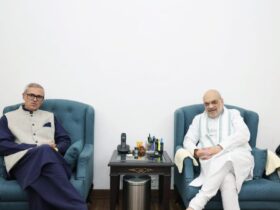

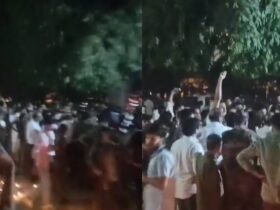
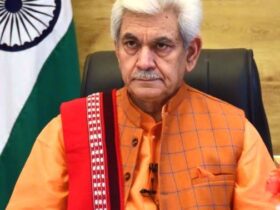
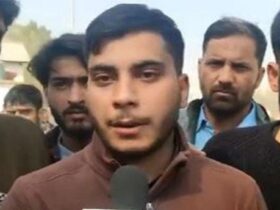

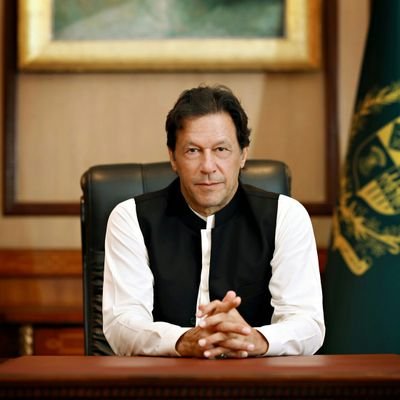
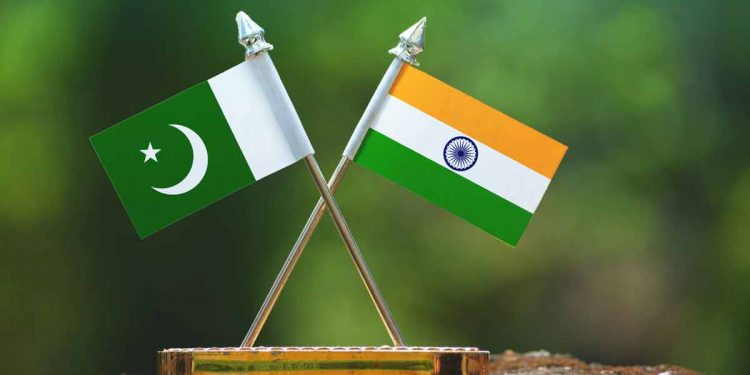
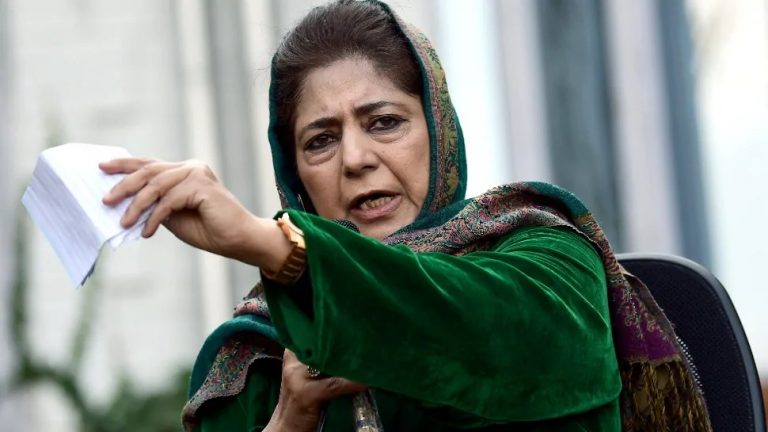
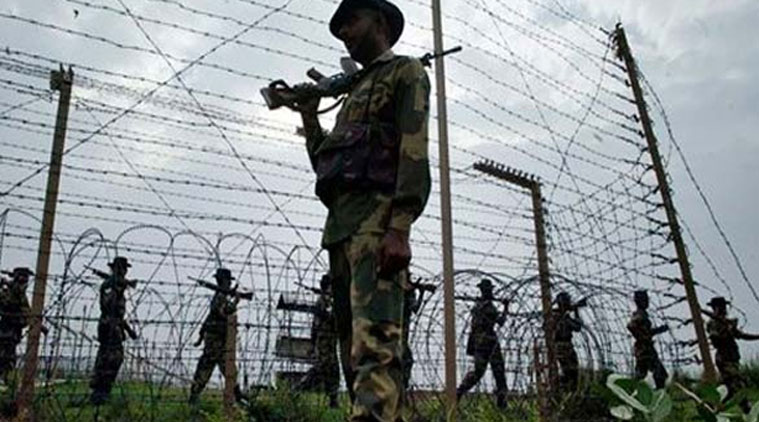

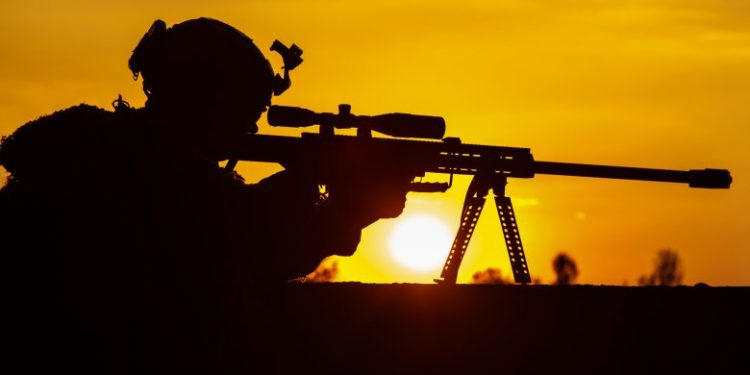
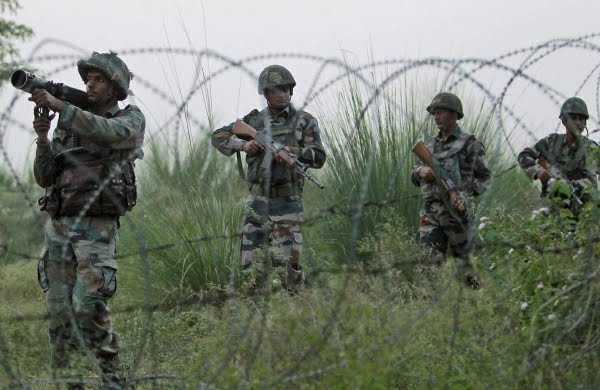
Leave a Reply